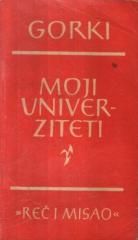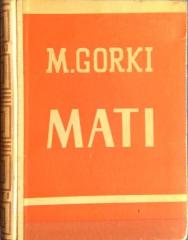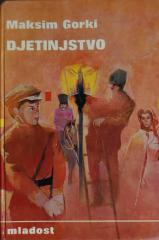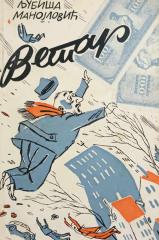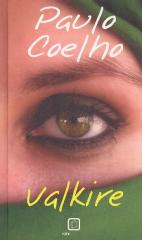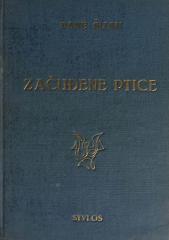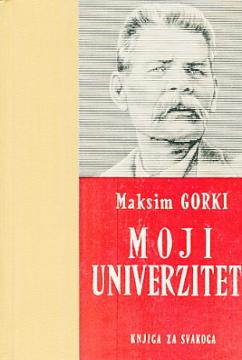
Moji univerziteti
Autobiografska trilogija - Detinjstvo, U svetu, Moji univerziteti. Sudeći po nekim njegovim pismima i delima, Gorki je ovu trilogiju zamislio još 1893. godine i pisao ju je od 1913. do 1923. godine.
Moji univerziteti su treći deo autobiografske trilogije Maksima Gorkog, objavljene 1923. godine (srpsko izdanje 1962). Knjiga prati život mladog Alekseja Peškova (Gorki) u periodu kada napušta svoj rodni grad Nižnji Novgorod i odlazi u Kazanj sa nadom da će upisati univerzitet. Međutim, suočen sa finansijskim teškoćama i nemogućnošću formalnog obrazovanja, Aleksej shvata da su njegovi pravi „univerziteti“ životne lekcije stečene kroz rad, susrete sa različitim ljudima i samostalno učenje.
U Kazanju, Aleksej radi razne fizičke poslove, od portira do pomoćnika u pekarskom salonu, dok živi u lošim uslovima, okružen marginalcima, radnicima i intelektualcima. Knjiga opisuje njegovo upoznavanje sa revolucionarnim idejama, književnošću i filozofijom, koje oblikuju njegov pogled na svet. Ključni likovi, poput radnika, prosjaka i intelektualaca, uče ga o društvenim nepravdama, ali i o snazi ljudskog duha. Posebno važnu ulogu igra knjižara u kojoj Aleksej otkriva knjige, koje postaju njegov glavni izvor znanja.
Gorki istražuje teme siromaštva, potrage za smislom i sukoba između individualnih težnji i surove stvarnosti carske Rusije. Knjiga je prožeta njegovom borbom protiv očaja, uključujući trenutak kada razmišlja o samoubistvu, ali i njegovim optimizmom i verom u ljudsku otpornost. Naslov „Moji univerziteti“ simbolično naglašava da pravo obrazovanje dolazi iz životnog iskustva, a ne samo iz formalnih institucija.
Knjiga je napisana u realističkom stilu, sa bogatim opisima i dubokim psihološkim uvidima, što je čini snažnim prikazom ličnog sazrevanja i društvenih uslova tog doba.
Jedan primerak je u ponudi
- Tragovi patine
